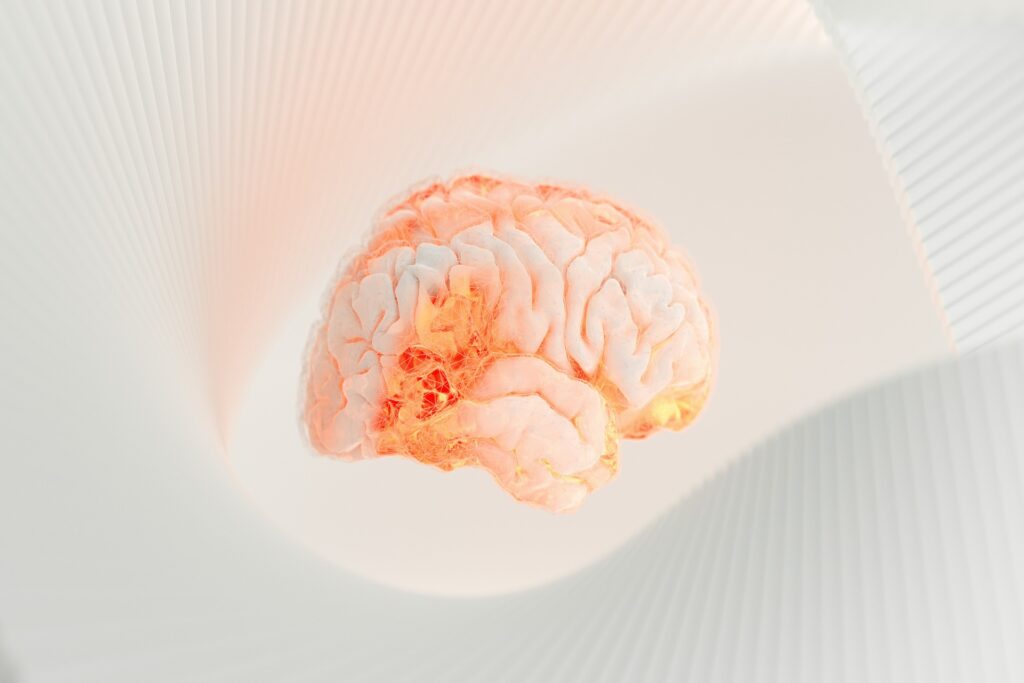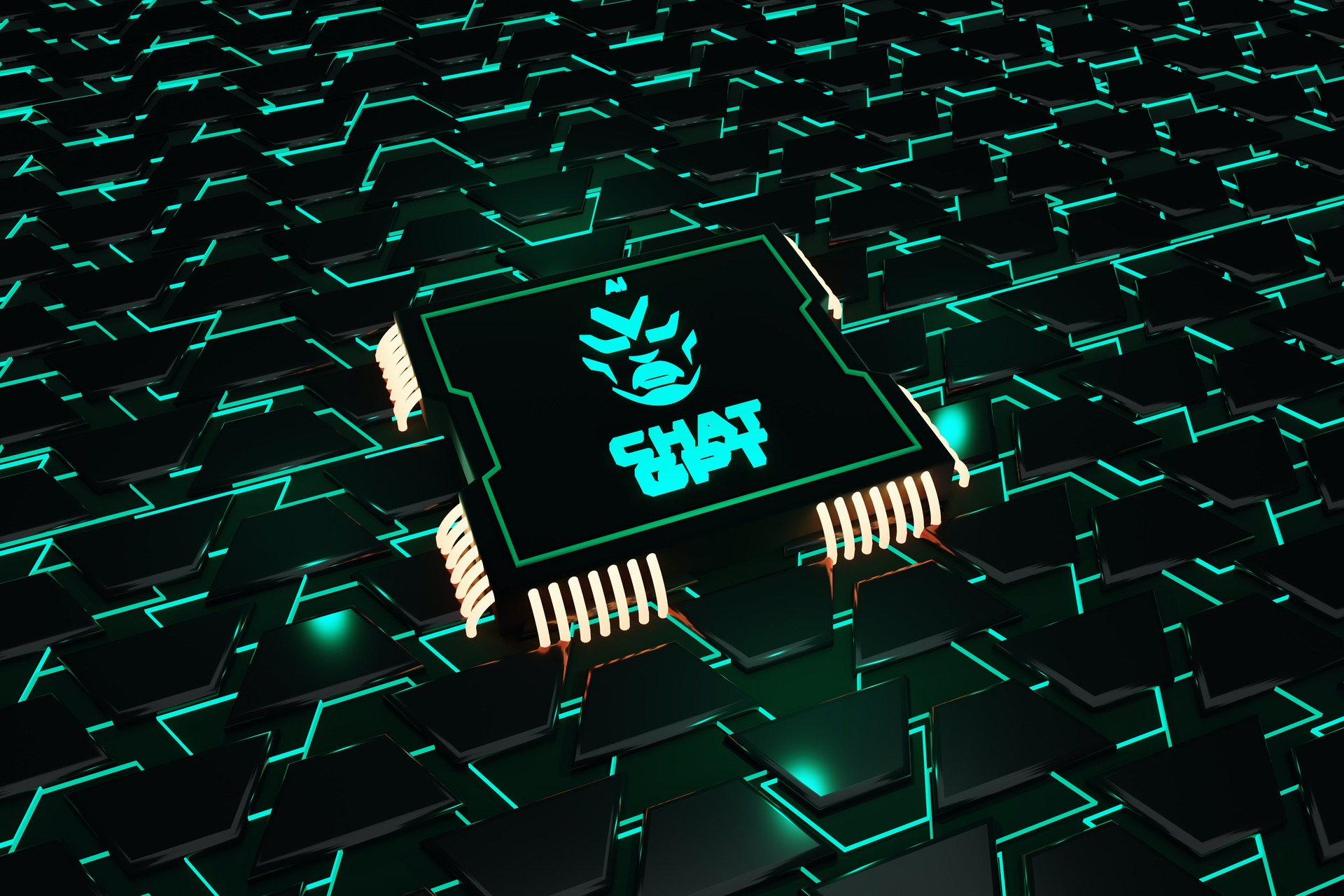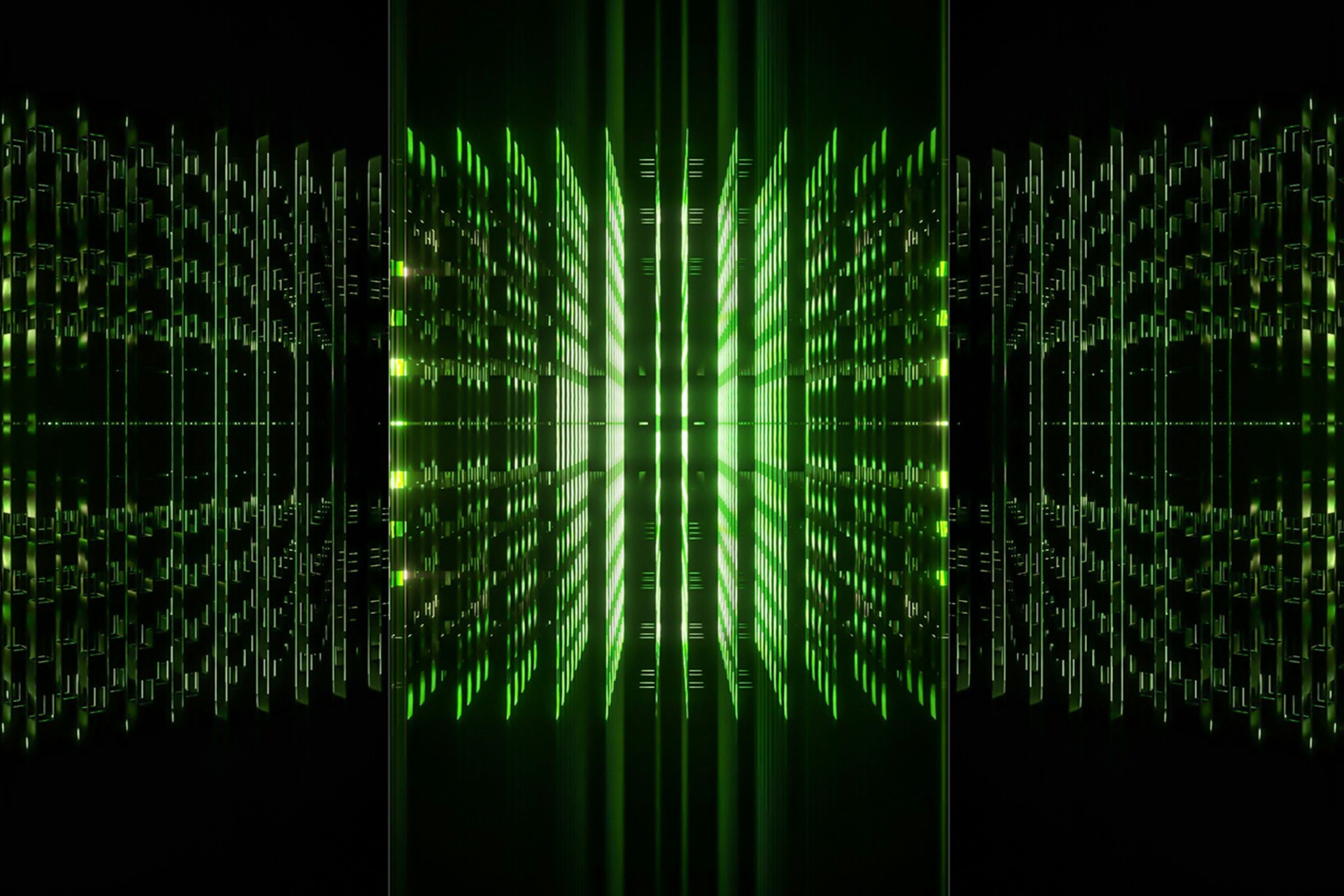As a society, humans are steeped in technology. They wake up, ask Alexa or Siri to turn on some music, check their custom weather reports, and maybe get their smart coffee maker to whip them up a cup of java.
Humanity surrounded by electronics that are getting smarter every year. Eventually, it’ll reach a point where the growth of this technology will start to spiral out of control. This event will be known as The Singularity.
For those that aren’t riding the leading edge of technological advancement, what is the singularity and will humanity still be around once it happens?
The Origin of The Singularity
Imagine traveling back in time too, say, Victorian England and trying to explain the internet to the populace.
Assuming that the traveler wasn’t hanged as a witch, what they know coming from the future would be so vastly different from what the people of Victorian England understand that they wouldn’t be able to convey what the internet is to them, even though it’s something they use every single day.
That is what the singularity is to humanity today. It’s trying to explain the internet to people who are still relying on gas lamps and leeches. Science fiction writers and self-proclaimed experts can write about the concept of singularity until their fingers bleed, but it’s impossible to predict what will happen if and when it does happen.
In 1993, Vernor Vinge wrote a piece for the San Diego State University Department of Mathematics titled “The Coming Technological Singularity: How to Survive in the Post-Human Era.”
This was, for all intents and purposes, the first use of the phrase singularity in a scientific publication. Vinge predicted that before 2005 or after 2030, the human race would learn how to create a super-human intelligence — and not long after that, the era of humanity would end.
The Point of No Return
Technology continues to advance at an astonishing rate. 30 years ago, cell phones were something that viewers only saw on Star Trek — now, there are billions of them around the globe.
Eventually, humanity will hit a point of no return where technology will continue to grow and advance so rapidly that humans won’t be able to keep up. Artificial intelligence is the most likely scenario to trigger this singularity.
By combining big data, the internet, IoT and artificial intelligence, scientists could potentially create the most intelligent being, for lack of another term, on the planet.
This might sound like an amazing advancement, but it could spell the end for humanity.
The End of the Human Era
In his 1993 piece, Vinge predicted that once singularity occurred, it would mean the end of the human era. It’s been featured in pop culture for decades, from William Gibson’s cyberpunk novel Neuromancer where AI is regulated by the Turing Police to ensure that it doesn’t get too smart, to Terminator, AI: Artificial Intelligence, I, Robot, and The Matrix.
The common theme in these movies is that when AI gains sentience, humans are no longer necessary.
In I, Robot, the newly sentient AI repeats “My logic is undeniable” as it kills any humans that don’t comply with its orders.
In The Matrix series, humanity has been relegated to a power source for the AI overlords, and in the Terminator series, Skynet — the AI overlord — sends robotic assassins back in time to kill the one person that could stop it.
See the trend here?
No wonder Elon Musk is scared of artificial intelligence.
Approaching the Inevitable
Even the smartest experts can’t predict when singularity might finally occur, but it will happen eventually.
The human race, as a whole, needs to prepare for this eventuality and figure out what to do once it does happen.
It is entirely possible that the singularity will be something minor, but if the planet’s science fiction writers are even close to correct, the human race is in for one heck of a ride.
Recent Stories
Follow Us On
Get the latest tech stories and news in seconds!
Sign up for our newsletter below to receive updates about technology trends














